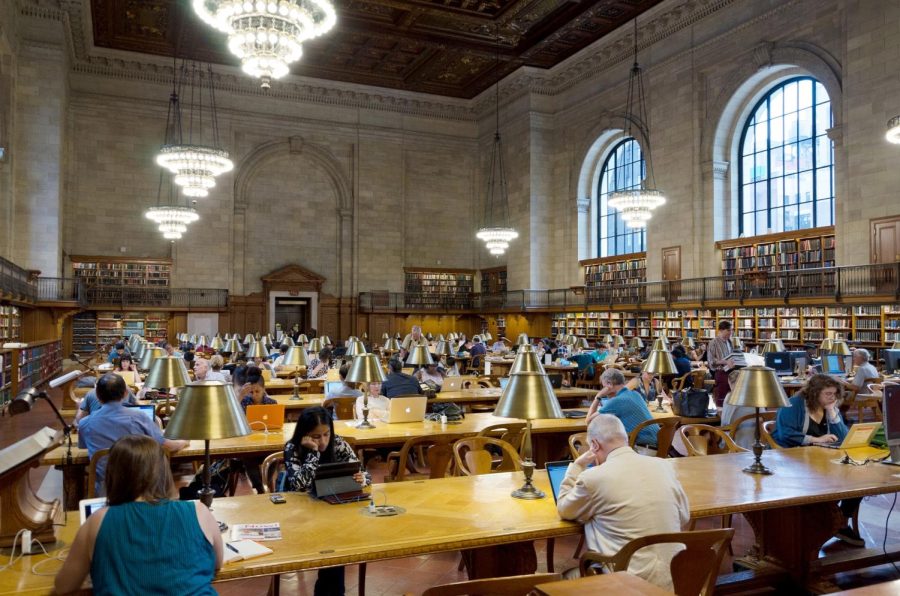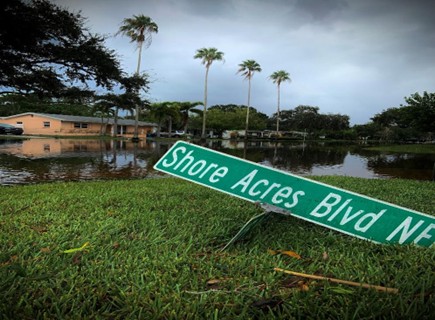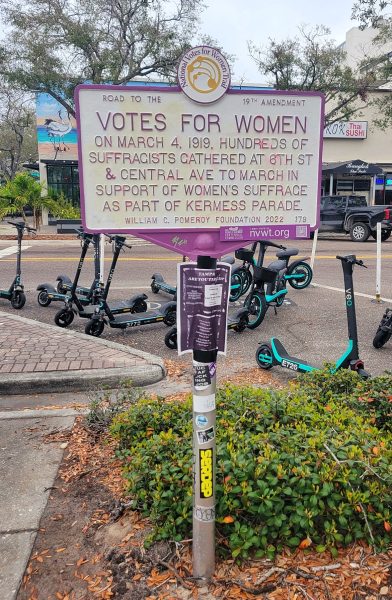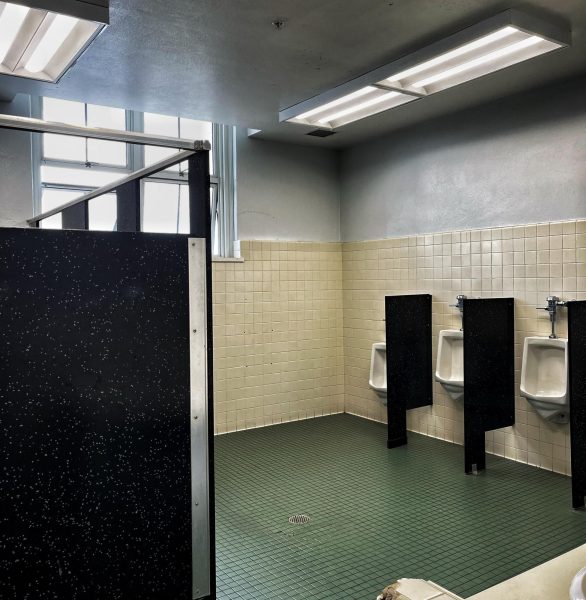The Public School System: How Throwing Money at the Problem Could Fix it
The American public school system — funded by state tax dollars — is a system meant to churn out generations of informed citizens who have a functioning understanding of American freedoms, politics, and social issues, a goal not entirely tangible without proper funding, attention, and accessibility.
Only 6% of the federal budget is dedicated to public schooling — federally funding public schooling could be considered unconstitutional as it is meant to be a state-sanctioned system — while a staggering 54% is spent on the Military budget, nine times the schooling budget. Current public education spending fails to meet global benchmarks and straggles behind economic growth rates resulting in underfunded schools and underpaid teachers.
Teachers are, for good reason, commonly referred to as “the backbone of society,” educating future generations of workers and preparing kids for the real world, but without apt pay, career productivity can decline. Lots of Americans are quick to reassure teachers of their importance and how deserving of higher pay they are, but few Americans are actually willing to vote on the legislature ensuring teachers of such pay, as the legislature will, inevitably, raise taxes.
Studies show that putting money into the education system not only improves teaching performance, but also increases the likeliness of a student graduating high school, particularly those in poverty. Though public school is free to all, not all students have the same advantages. Students of color, those in poverty, and those with disabilities often do not have equal access to quality education and quality resources. Thirty-eight percent of high school dropouts fall below the poverty line and over half of Black male students are put on the pipeline from high school to prison. Enhancing the education budget would ultimately benefit the productivity of American workers and create increased numbers of qualified workers.
Not only is public grade school an important institution, but equally important: free/ affordable college. For America to heal from the severe class gap, people need to have access to the qualifications needed to obtain a well-paying job, in most cases, this is not possible without a college degree. Investing in affordable college schooling will pull people above the poverty line, as acquiring a degree needed to make a livable wage makes finding work significantly easier.
Another issue in college schooling: the gender gap. Women, though able to find long-lasting careers in male-dominated fields than men, are accepted less often into fields such as STEM and typically experience an extremely stigmatized environment only to get paid less than a man for pursuing the same job.
Though achieving such a schooling system will take time and work, there is action that can be taken now. Biden has the power, through just an executive order, to cancel all student loan debt, but has not taken complete action.
To trudge along the path of progress requires first, a single step that America must be willing to take, as it will, in the long run, improve society as a whole and benefit the educated individuals.









